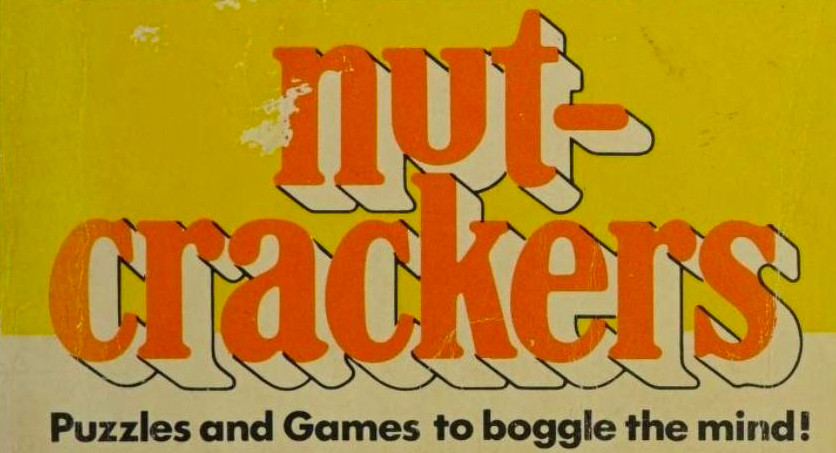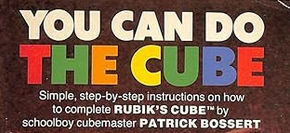When I was a child in the 1980s, I had a Rubik’s Cube and a copy of Patrick Bossert’s book “You Can Do The Cube” - and carefully following the instructions, it indeed turned out that I could.
So when we recently found ourselves with a Cube keyring, I wondered if I’d be able to do it again. An old copy of Bossert’s book was easy to find. Then, when I found that the quality of a mini Cube attached to a keyring isn’t always the best (any frustration should come from the solver, not the Cube itself, getting stuck!), I got a traditional full-sized model again. (Not a smartcube with Bluetooth, nor one with built-in magnets to help turns click exactly into place, which I learn are options now.)
Of course, the method still works. And once I was satisfied I still had a way to solve the Cube, I took a look around to see what other options are out there and how cubing has developed in the past 40 years…
...

